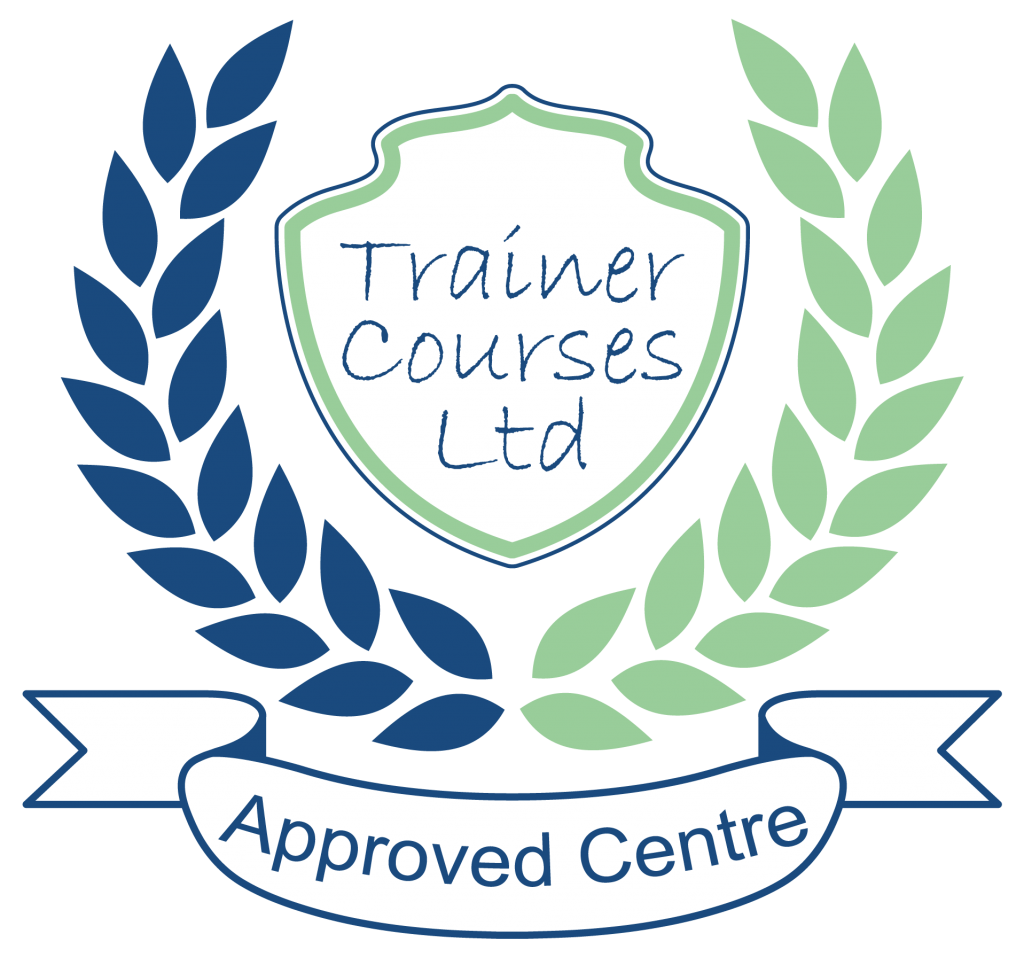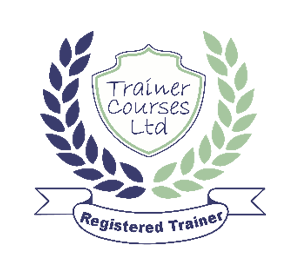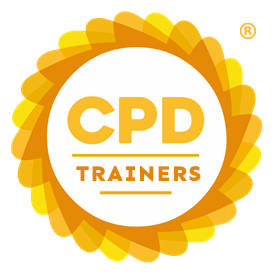Management Courses
Supervisors, Team Leaders and Technical Professionals are the lynchpin to organisational performance and business results but only if they are provided with the right knowledge and skills set to do the job. Most of them underperform during their first two to three years in the seat, driving performance gaps and employee turnover across the entire frontline. The transition from an individual contributor to a supervisory role represents a profound psychological adjustment as they contend with their new responsibilities.
Topics Covered Include:
- Defining your role and responsibilities
- Relationship Building
- Team building and teamwork
- Maintaining team performance
- Key Communication Skills
- Time Management
- Allocation and Delegation
- Motivating yourself and others
- Problem Solving
As we move forward in our careers, many of us enjoy the challenge of managing other people. But just how easy is it to go from being focused on our own progress to being responsible for others? It requires a shift of focus and a new set of skills. New managers will need to learn about the difference between management and leadership, gain insight into different management styles, and work through useful models that will set them on the road to success.
Topics Covered Include:
- Frontline Leadership Approaches
- Self-Awareness and Leadership
- Leadership and Management Styles
- Effective Communication
- Time Management
- Motivation and Delegation
- Attitude and Work Ethics
- Creating a positive team environment
- Relationship Building
- Performance Management
- Creativity and Problem Solving
Organisations are facing greater challenges than ever before in executing their customer management strategies. Intensifying competition, proliferating customer contact channels, rising customer expectations and capitalizing on new market opportunities require CRM practices that go an extra mile. The true strategic value of CRM lies in developing a customer knowledge competence which becomes an opportunity for value transformation in the firm and an avenue for competitive advantage.
Topics Covered Include:
- CRM Vision – Leadership, Market Position, Value Proposition
- CRM Strategy – Objectives, Segments, Effective Interaction
- Valued Customer Experience
- Organisational Collaboration
- Customer Life Cycle, Knowledge and Management
- Value, Retention, Satisfaction, Loyalty and Cost to Serve
Most Sales and Business Development Executives fail because they lack commercial awareness and how they can transform customer conversations into commercial insights, sales and interactions that customers will always value. Sales and Customer Relationship Executives MUST find ways to sell more products and services to new and existing customers by adjusting current systems and marketing approaches; explore and stay abreast of competition to find and gain a competitive edge. Effective sales and customer relationship management combine analytical, negotiation, relationship building and creative thinking skills
Topics Covered Include:
- Sales and Business Development Principles
- The Sales Cycle and implications on practice
- Relationship Selling
- Negotiation Skills and sales
- Developing Effective Communication Skills
- Prospecting for New Business
- Sales Presentation principles and practice
- Handling Objections and Stalls
- Closing the sale
- After Sale service
- Converting the customer into an advocate
The COVID-19 pandemic has pushed millions of employees to work from home, including many who never had before. A number of these remote-work arrangements were implemented suddenly, leaving employees and managers alike to navigate a new work reality alongside personal anxieties and concerns about the public health crisis. Without intentional efforts from both workers and management, remote work—especially during this tense, uncertain situation—can leave staff feeling distracted, isolated, unmotivated, and stressed.
Topics Covered Include:
- Defining the ‘remote working’ environment
- Main challenges remote workers face
- Creating the right environment
- Emotional, psychological, and physical requirements for remote workers
- Communication Tools and Techniques
- Engendering team spirit and trust
- Feedback and coaching
- Formal and Informal Meetings
The labour force is becoming younger and many managers are struggling to figure out how to best lead and motivate millennials. The entry of the younger workforce requires a greater variety of working and leadership styles. Strategies to motivate younger employees and keep them engaged must evolve. This program has been developed to provide managers with new skills, tools, insights, and abilities to establish productive relationships with Millennials and to unleash greater engagement and performance.
Topics Covered Include:
- Millennials in a Multigenerational Workforce
- Millennial challenges for Managers
- What do Millennials want?
- Millennials – Attitude and Work Ethics
- Managing individual performance
- Organisational Relationship and Performance Management
- Strategies in Managing Millennial Workforce




